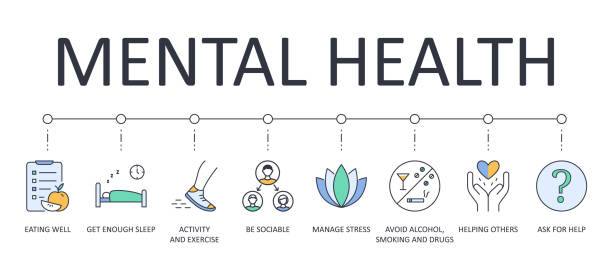Mental Health Initiatives: C-suite Leadership in Addressing a Growing Crisis

Mental Health Initiatives: C-suite Leadership in Addressing a Growing Crisis
Introduction
As mental health challenges continue to surge globally, the role of healthcare executives in crafting and implementing effective mental health initiatives becomes increasingly critical. Heading into 2024, C-suite leaders are uniquely positioned to champion these initiatives, fundamentally improving access to mental health services and the quality of care provided. This blog explores strategic actions that healthcare executives can undertake to address the mental health crisis effectively.
Understanding the Mental Health Crisis
Mental health disorders are among the leading causes of disability worldwide, affecting millions of individuals and their families. The stigma surrounding mental illness, lack of resources, and inadequate funding further exacerbate the challenges faced by those seeking help.
Key Strategies for C-suite Leadership:
- Integrate Mental Health into Holistic Care:
- Promote the integration of mental health services with primary health care settings to ensure early detection and treatment.
- Encourage a holistic approach that considers mental health as part of overall health, helping to reduce stigma and improve patient outcomes.
- Invest in Workforce Development:
- Address the shortage of mental health professionals by investing in training programs and incentives to attract and retain talent in the mental health field.
- Enhance the skills of non-specialist health workers through training programs that enable them to provide basic mental health care.
- Leverage Technology and Innovation:
- Implement telepsychiatry and digital health tools to extend mental health services to underserved and remote areas.
- Explore innovative solutions such as AI-driven diagnostic tools and mobile health applications to support mental health assessments and self-management.
- Strengthen Community Partnerships:
- Build partnerships with schools, workplaces, and community organizations to broaden the reach of mental health programs and campaigns.
- Engage with local communities to tailor services that meet their specific needs and cultural contexts.
- Advocate for Policy Change:
- Actively participate in advocacy efforts to influence public policies that allocate more resources to mental health services.
- Work with insurance companies to ensure adequate coverage of mental health services, making them accessible and affordable to a larger population.
- Measure Impact and Improve Services:
- Establish metrics to evaluate the effectiveness of mental health initiatives and use data to drive improvements.
- Regularly gather feedback from patients and clinicians to refine and adapt services to better meet user needs.
Challenges and Considerations:
- Financial Constraints: Mental health initiatives often require significant funding, which can be a barrier, especially in regions with limited healthcare budgets.
- Cultural Barriers: Cultural perceptions of mental health can vary widely, requiring sensitive and nuanced approaches to care.
- Ensuring Quality and Equity: Providing consistent, high-quality mental health services across diverse geographic and socio-economic landscapes remains a challenge.
Conclusion
The mental health crisis demands a proactive and innovative response from healthcare leadership. By implementing these strategies, C-suite executives can play a pivotal role in transforming the landscape of mental health care, ensuring it is accessible, equitable, and effective.
Call to Action
Healthcare executives should begin by assessing their current mental health services and identifying gaps. Collaborating with mental health experts, policymakers, and community leaders will also be essential in designing and implementing comprehensive strategies that meet the growing need for mental health care in 2024 and beyond.



